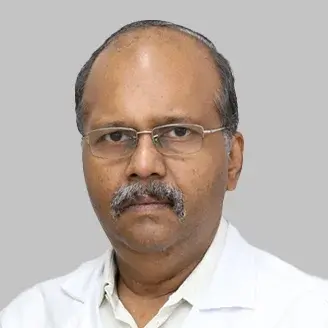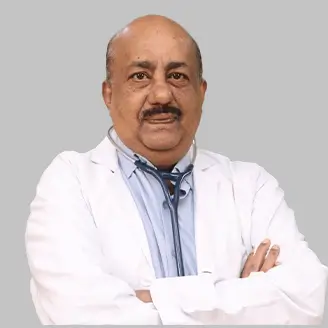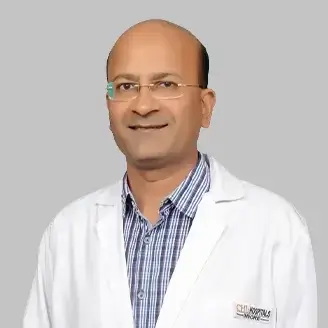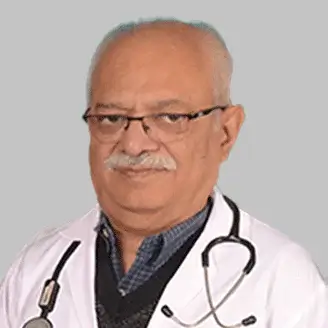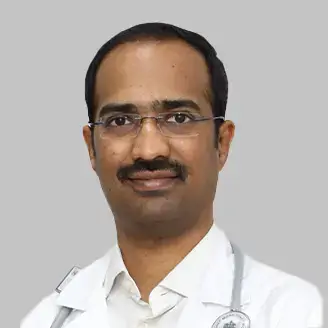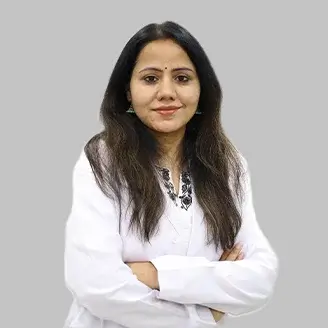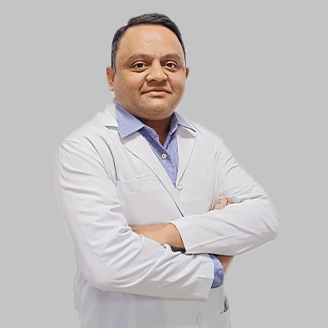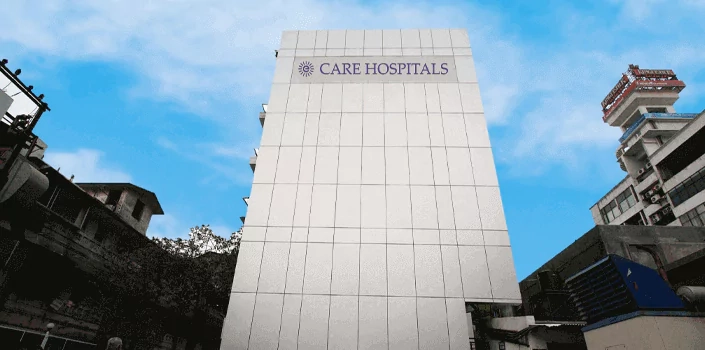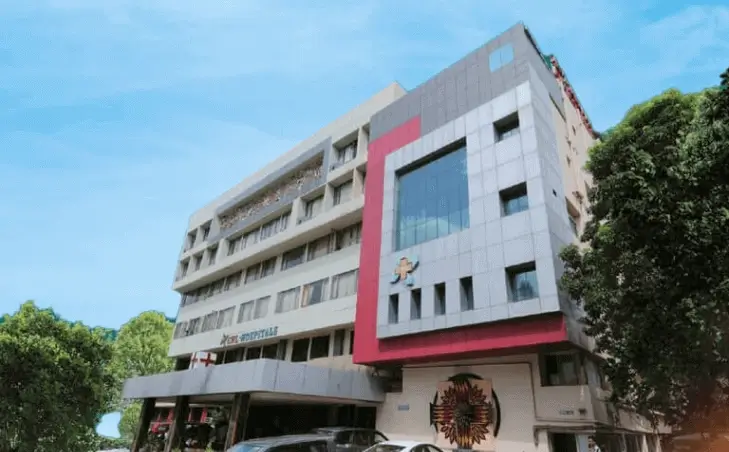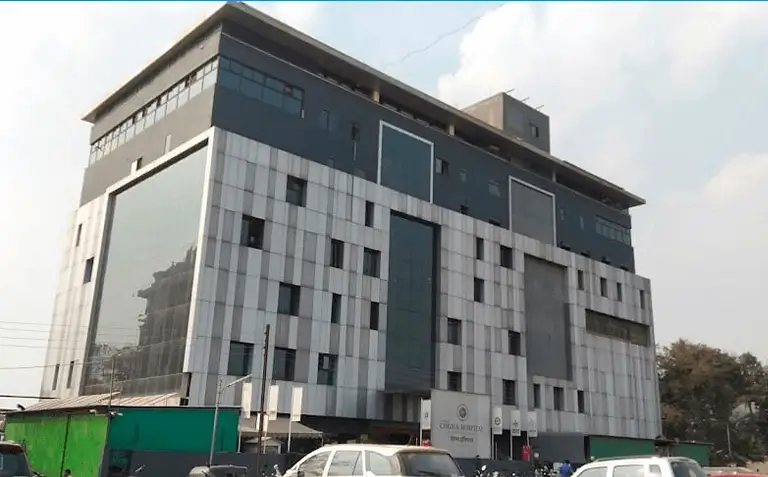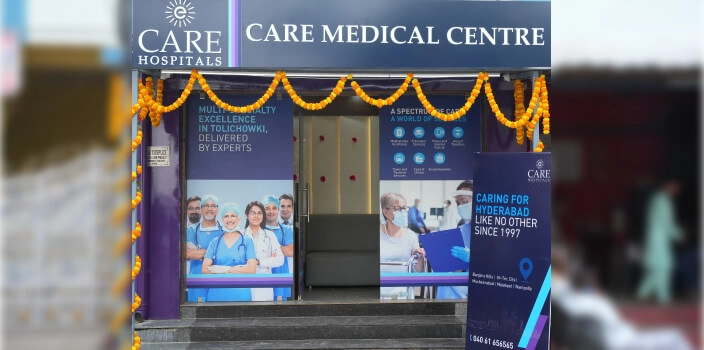-
Doctors
-
Specialities & Treatments
Centre of Excellence
Specialties
Treatments and Procedures
Hospitals & Directions HyderabadCARE Hospitals, Banjara Hills CARE Outpatient Centre, Banjara Hills CARE Hospitals, HITEC City CARE Hospitals, Nampally Gurunanak CARE Hospitals, Musheerabad CARE Hospitals Outpatient Centre, HITEC City CARE Hospitals, Malakpet
HyderabadCARE Hospitals, Banjara Hills CARE Outpatient Centre, Banjara Hills CARE Hospitals, HITEC City CARE Hospitals, Nampally Gurunanak CARE Hospitals, Musheerabad CARE Hospitals Outpatient Centre, HITEC City CARE Hospitals, Malakpet Raipur
Raipur
 Bhubaneswar
Bhubaneswar Visakhapatnam
Visakhapatnam
 Nagpur
Nagpur
 Indore
Indore
 Chh. Sambhajinagar
Chh. SambhajinagarClinics & Medical Centers
Book an AppointmentContact Us
Online Lab Reports
Book an Appointment
Consult Super-Specialist Doctors at CARE Hospitals

Best Hospital for Lumbar Puncture Surgery in Hyderabad
- Advanced Technology
- Shorter Hospital Stay
- Pre & Post-Operative Care
- All Insurance Accepted

Chat With Our Experts
Get second opinion on Whatsapp
25 lakhs+
Happy Patients
Experienced and
skilled surgeons
17
Health Care Facilities
Top most Referral Centre
for Complex Surgeries
Advanced Lumbar Puncture Surgery
A spinal tap, also called a lumbar puncture, is a vital medical procedure. Doctors insert a needle into the spinal canal to collect cerebrospinal fluid (CSF) for diagnostic testing.
Doctors use a special needle to extract a small amount of cerebrospinal fluid from the patient's lower back. Doctors perform lumbar punctures to diagnose diseases that affect the central nervous system, including the brain and spine. On top of that, it serves both diagnostic and therapeutic purposes based on the patient's specific medical needs.
This article covers everything patients need to know about lumbar punctures, from preparation to recovery and beyond.
Why CARE Group Hospitals is Your Top Choice for Lumbar Puncture (Spinal Tap) Surgery in Hyderabad
A team of skilled neurologists and critical care specialists at CARE Hospitals performs lumbar punctures with precision. The hospital's critical care unit provides 24/7 service with trained doctors ready for emergency procedures. Their coordinated teamwork delivers world-class medical services to patients who need spinal taps.
Best Hospital for Lumbar Puncture Surgery in India


Advanced Surgical Innovations at CARE Hospital
CARE Hospital has modern infrastructure designed specifically for delicate procedures like lumbar punctures. Their specialists employ advanced techniques, including ultrasound guidance, which substantially improves accuracy and reduces complications. The hospital follows evidence-based clinical practices and ensures all lumbar puncture procedures meet the latest medical standards.
Conditions for Lumbar Puncture Surgery
CARE Hospitals performs lumbar punctures for these critical conditions:
- Diagnostic purposes: Detecting meningitis, encephalitis, subarachnoid haemorrhage, multiple sclerosis, and Guillain-Barré syndrome
- Neurological disorders: Evaluating demyelinating diseases, brain or spinal cord cancers, and autoimmune conditions
- Therapeutic interventions: Administering medications directly into the spinal fluid for conditions like severe pain or multiple sclerosis
- Pressure management: Measuring and relieving intracranial pressure in conditions like pseudotumor cerebri
Types of Lumbar Puncture Procedures
CARE Hospitals offers different approaches to lumbar puncture based on patient needs.
- Traditional manual techniques work alongside fluoroscopically guided procedures for complex cases.
- Ultrasound-guided lumbar punctures provide immediate visualisation of anatomy without radiation exposure.
The hospital uses atraumatic needles that research shows can reduce post-procedure headaches compared to standard spinal needles.
Pre-surgery Preparation
- Doctors recommend CT or MRI scans to check for any issues before performing a lumbar puncture.
- Patients should tell their healthcare team about any allergies, possible pregnancy, and medications they take.
- Blood thinners or aspirin need to stop at least five days before the procedure.
- Patients should arrive 60 minutes before their scheduled appointment.
Lumbar Puncture Surgical Procedure
The whole process takes about 15-30 minutes.
- Patients either lie on their side in a foetal position or sit while leaning forward.
- The doctor applies an antiseptic solution to clean the lower back and numbs the area with a local anaesthetic.
- A hollow needle goes between the vertebrae into the subarachnoid space.
- The doctor measures cerebrospinal fluid pressure and collects a small sample (about 1-2 mL) in tubes for lab testing.
Post-surgery Recovery
Patients need to rest flat on their backs for at least one hour after the procedure. Extra fluid intake helps replace the collected cerebrospinal fluid. You might have a headache after the procedure. Recovery works best when you avoid heavy activities for 24-48 hours.
Risks and Complications
The procedure is generally safe, but patients should know what it all means. Common issues include:
- Headaches
- Back pain
- Bleeding at the puncture site
- Infection
- Leg numbness or tingling from nerve irritation
- Brain stem herniation (a rare but serious complication)
Benefits of Lumbar Puncture Surgery
Spinal taps provide vital diagnostic information for conditions like meningitis and multiple sclerosis. Doctors can also use them to deliver medication directly into the cerebrospinal fluid.
Insurance Assistance for Lumbar Puncture Surgery
Most health insurance plans cover medically necessary lumbar punctures. Coverage policies vary between providers, so patients should check with their insurance company first.
Second Opinion for Lumbar Puncture Surgery
The diagnostic value of this procedure makes getting a second opinion helpful. This can confirm if you need the procedure and explore other options if available.
Conclusion
Doctors rely on lumbar punctures as key diagnostic tools for suspected neurological conditions. A needle in your spine might sound scary at first, but knowing what happens during the procedure helps reduce anxiety. The whole process takes less than 30 minutes and gives doctors vital information that could save lives, especially in cases of suspected meningitis.
CARE Hospitals in Hyderabad has become a trusted place for this procedure. Their skilled neurologists use advanced technology to give patients the best care possible. The hospital's ultrasound guidance techniques have substantially reduced complications and made the procedure more accurate.
The procedure has turned out to be a simple yet powerful way to diagnose and treat various neurological conditions. Proper preparation and aftercare help patients feel confident about getting a lumbar puncture when needed. CARE Hospital's specialists make sure patients get compassionate care throughout their medical trip.
Best Lumbar Puncture Surgery Hospitals in India
-
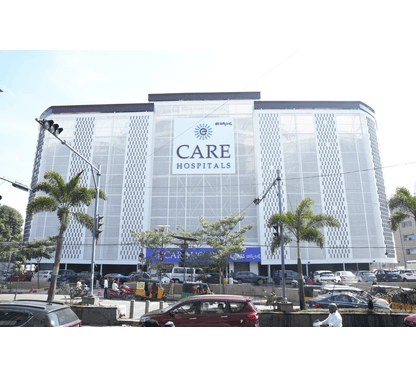
CARE Hospitals, Banjara Hills, Hyderabad
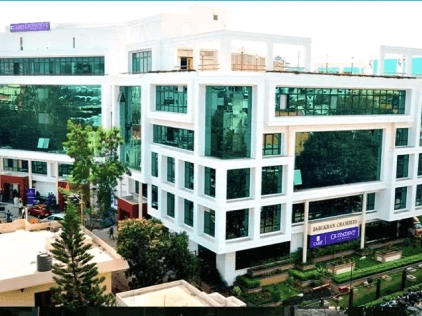
CARE Hospitals Outpatient Centre, Banjara Hills, Hyderabad
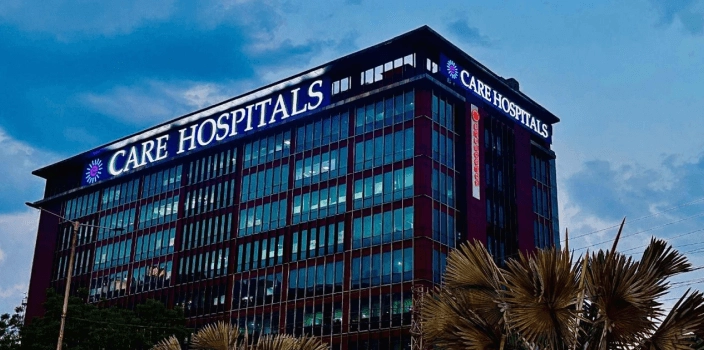
CARE Hospitals, HITEC City, Hyderabad
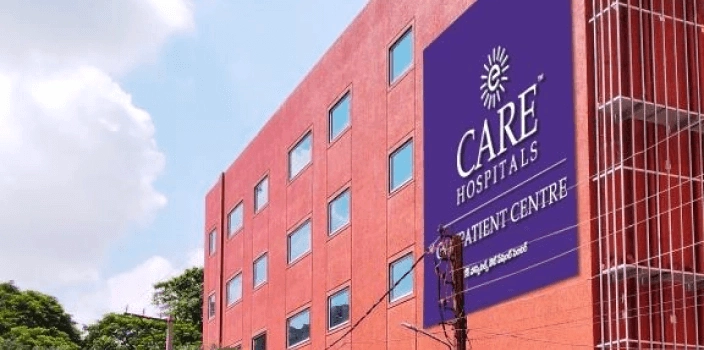
CARE Hospitals Outpatient Centre, HITEC City, Hyderabad
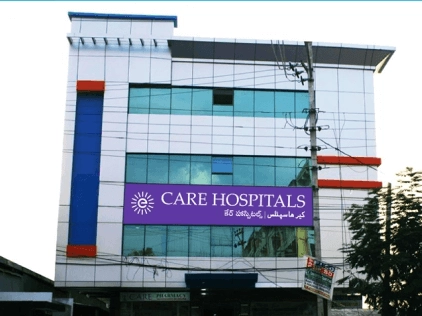
Gurunanak CARE Hospitals, Musheerabad, Hyderabad
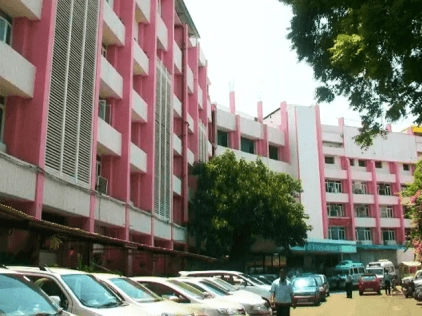
CARE Hospitals, Nampally, Hyderabad
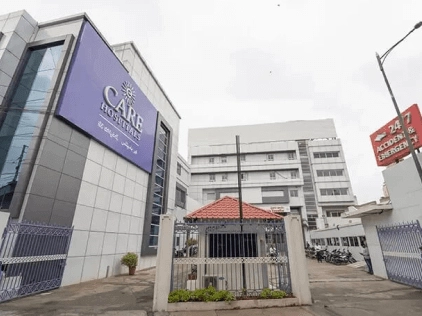
CARE Hospitals, Malakpet, Hyderabad
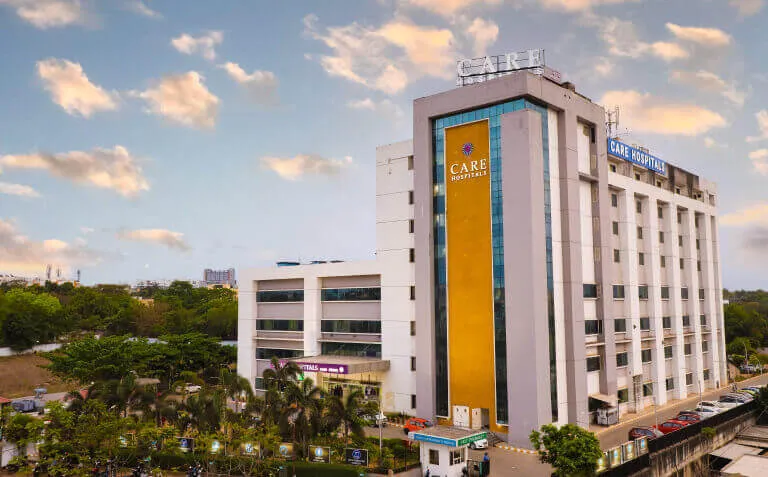
CARE Hospitals, Bhubaneswar
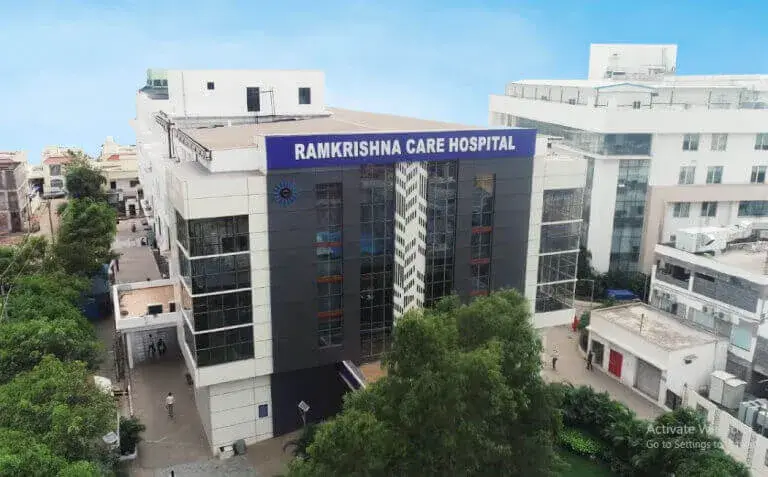
Ramkrishna CARE Hospitals, Raipur
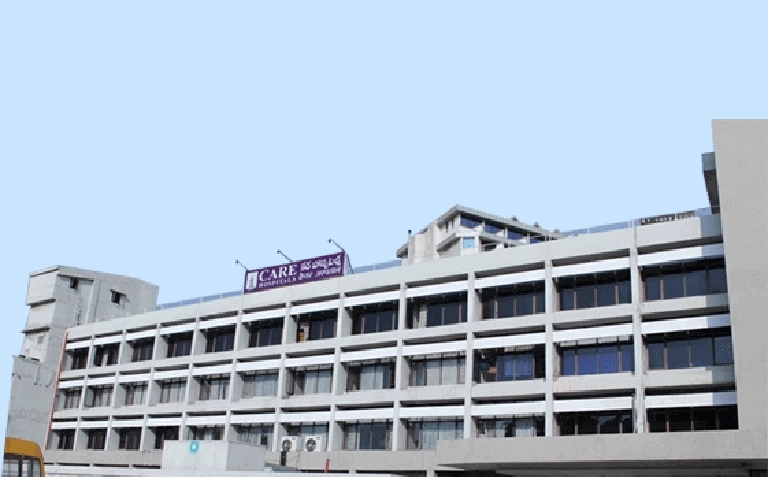
CARE Hospitals, Ramnagar, Visakhapatnam
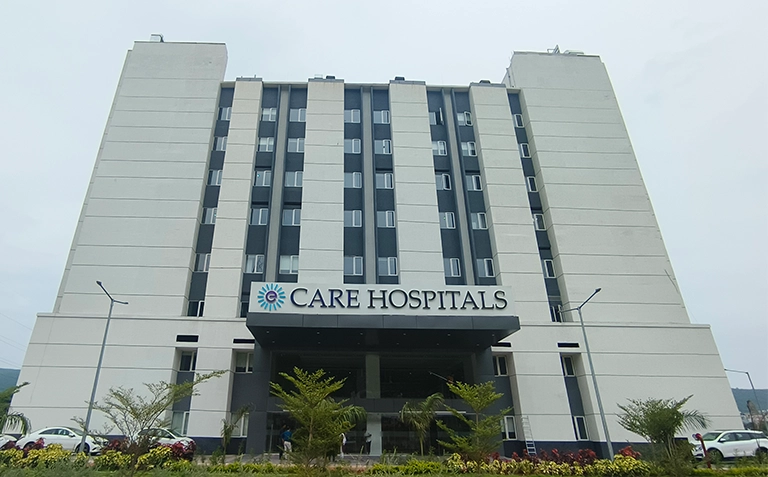
CARE Hospitals, Health City, Arilova
Related Surgeries
Frequently Asked Questions
Doctors perform a lumbar puncture by inserting a thin, hollow needle between two vertebrae in your lower back to collect cerebrospinal fluid (CSF). Doctors often call this procedure a spinal tap. The test helps doctors examine the fluid around your brain and spinal cord. Your doctor can use it to diagnose various conditions or deliver medications directly into the spinal fluid.
Your doctor might recommend this procedure to:
- Find infections like meningitis or encephalitis
- Spot bleeding in the brain (subarachnoid haemorrhage)
- Detect conditions like multiple sclerosis or Guillain-Barré syndrome
- Check cerebrospinal fluid pressure
- Give medications, including antibiotics or cancer treatments
People who show symptoms of central nervous system disorders usually qualify for this procedure. The test becomes necessary for patients who show signs of brain infections, neurological conditions, or certain cancers. However, not everyone can undergo this procedure. Patients with blood clotting problems or high pressure in the skull might need different approaches.
Lumbar puncture procedures are generally safe. Serious complications rarely occur, especially with experienced practitioners. Like any medical procedure, some risks exist. Your doctor will explain everything before moving forward.
Most patients don't find the procedure painful. You will feel a quick sting from the local anaesthetic at first. You might feel some pressure as the needle goes in, but the pain remains minimal. Many patients describe it more as discomfort rather than actual pain.
A lumbar puncture usually takes 15-30 minutes to complete. The needle stays in your back for just a few minutes. After a brief observation period of 1-2 hours, you can typically head home.
Lumbar puncture qualifies as a minor procedure. Doctors perform it in an outpatient setting without general anaesthesia. You stay awake during the process with just local numbing medication. Most patients return home the same day.
The potential risks include:
- Headaches
- Pain or tenderness near the puncture site in your back
- Bleeding around the puncture area
- Nerve damage
- Infection (happens very rarely)
- Brain herniation (extremely uncommon)
Most people recover quickly from a lumbar puncture. Patients usually feel normal within a few days. The puncture site might feel mildly uncomfortable or stiff for one to two weeks. Here are the key steps after the procedure:
- Rest for at least 24 hours
- Drink plenty of fluids
- Lie flat on your back if headaches occur
- Avoid physical work, heavy lifting, or sports until you feel well
Long-term problems from a lumbar puncture rarely happen. Many patients get post-procedure headaches. These headaches typically start within hours or up to two days after the procedure. The symptoms usually go away within a week, though some cases might last longer. Drinking caffeine beverages, staying hydrated and taking over-the-counter pain medicines often help with headache symptoms.
Doctors use local anaesthesia instead of general anaesthesia, so patients stay awake during the procedure. The doctor numbs the lower back area with an injection that causes a brief stinging sensation. Patients feel pressure but no pain during the actual spinal tap once the area is numb.
Needle length varies based on patient size and age. The spinal needle typically measures 20 or 22 gauge; 9cm long for adults, 6cm for children, and 4cm for infants.
Doctors choose these specific locations because the spinal cord ends around the L1 vertebra in adults. Placing the needle below this level (at L3-L4 or L4-L5) prevents damage to the spinal cord itself. The needle only passes through the cauda equina at these lower levels—a bundle of nerve roots that can move aside without injury. This placement gives maximum safety during this valuable diagnostic procedure.
Still Have a Question?


